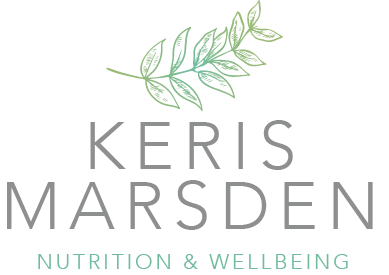My IBS Journey
I was diagnosed with IBS at the age of 22.
My GP suggested a gluten and dairy free diet and emphasised the need to implement some stress management strategies as I’d observed a significant worsening of symptoms since starting my first graduate job.
He also suggested I cut back on running which was adding a mechanical stress to my gut.
I got to work filling my cupboards with gluten-free pasta, millet cereal, soya milk and yogurts. I ignored the part about running and stress management.
There was little change and I still battled chronic bloating, abdominal pain and gas daily.
10 years living with IBS
Over the next 10 years, I visited more GPs and nutritionists.
I tried anything and everything including antispasmodics (buscopan), charcoal, peppermint capsules, probiotics, digestive enzymes, laxatives, a low FODMAP diet, acupuncture and even colonic irrigation (never again!)
None of the above worked enough to sustain the inconvenience or the cost.
One reason for this is that I was still avoiding those two points by the GP. Consider both mental and physical stress.
All my efforts were directed towards symptom avoidance or suppression rather than tackling the root cause or the processes driving my symptoms.
Everyone has a vulnerable area of their body that stress can really impact.
A stress response is physiological, it changes the brain chemicals your body makes, it alters inflammation patterns, influences immune function and changes your hormones.
It creates tension by causing muscle and soft tissue to contract.
It changes how you breathe which also has many implications and can reinforced the stressed state.
Like many clients I was busy looking at the food, trying to find which ones caused my symptoms but so many things influence your gut it was impossible to pin point.
What was I missing?
When tackling IBS, it’s actually helpful to look at the following:
What and when you eat
How much and how fast you eat
Your mental state when you eat
Where you feel tension in your body
How you breathe
What has helped me improve my symptoms?
The following have been hugely helpful for me:
Eating mindfully and slowly
Doing diaphragmatic breathing before meals and across the day
Body scans to identify where I’m contracting muscles and actively releasing them
Fasting for 4-5 hours between meals
Eating less vegetables, onions and raw salads
Swapping running and intense training for walking and yoga when stressed
Abdominal massage to release tension in my stomach
Ruling out more complex digestive conditions with stool and breathe testing (seek professional support if you think you need this).
This may seem overwhelming, so my advice is to tackle one thing at a time, eating habits can be difficult to change but the more consistent you are the more you’ll feel the benefit.
If you think you might need some professional support you can book a free 15 minute discovery call with me.

